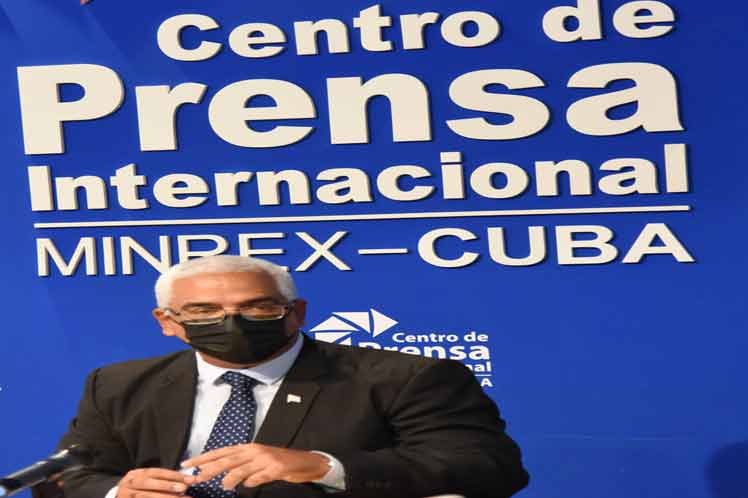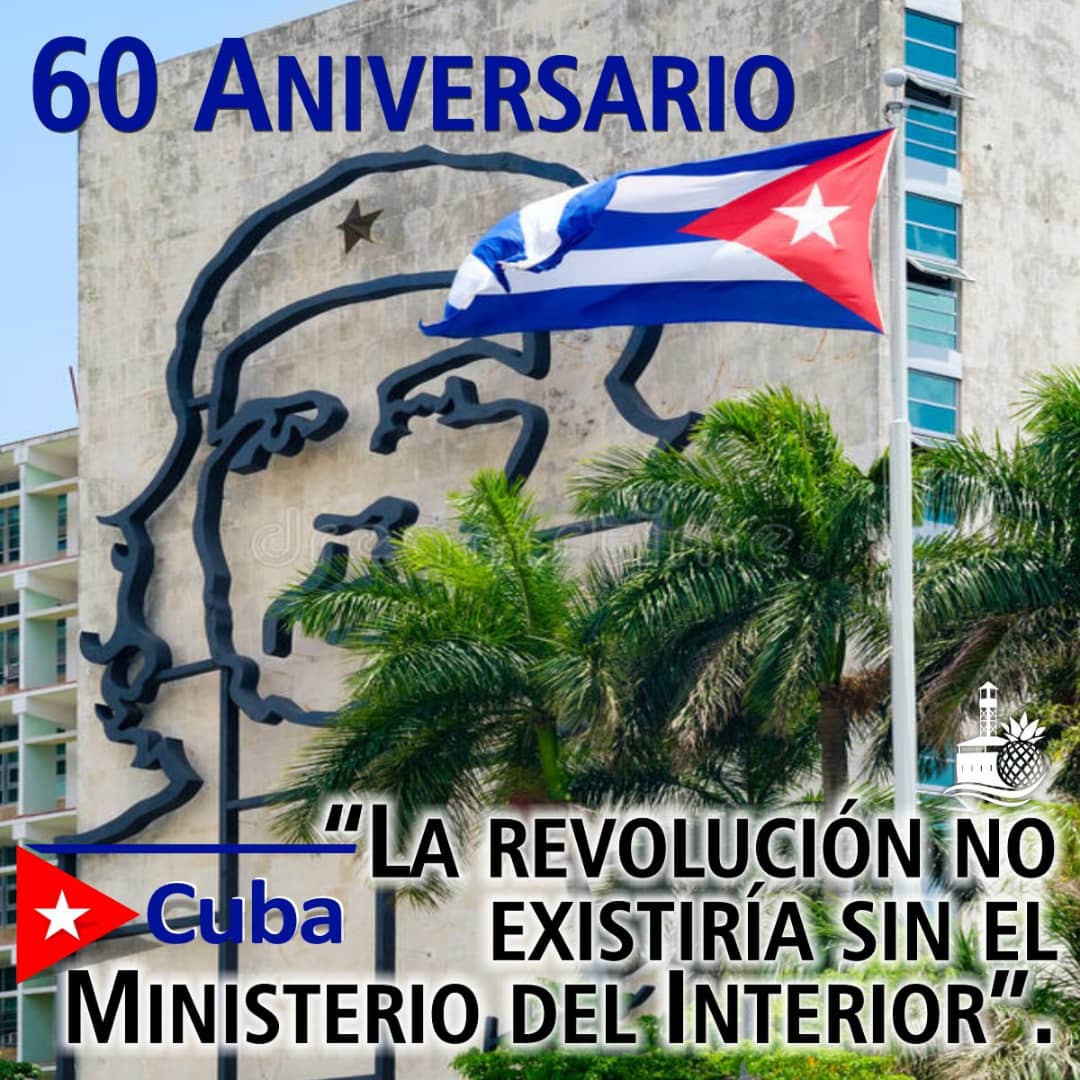This step will make it possible to submit a more elaborate and consensual proposal to the analysis of the National People’s Power Assembly (parliament), by including not only the criteria of experts in the exercise of family law, but also of the population.
The draft that the Ministry of Justice published on Wednesday is the 22nd version and includes more than 480 articles with substantive standards (which define issues such as powers and duties) and procedural (which establish procedures).
Assuming affection as the basis of family relationships is one of its most relevant aspects, as it supports the diversity of ties that currently exist in Cuban daily life, many of which are outside the current legal system.
The constitutional right of all people to form a family is another core element that cuts across the law, and transcends equal marriage, given the multiplicity of family constructions present in society.
Other novel elements are related to the responsibility of families with the protection of their members and everything concerning marriage and de facto unions, including the possibility of choosing the economic regime.
Likewise, the preliminary draft addresses various aspects related to filiation, such as socio-emotional ties, adoptions, and the recognition of multipotentiality in different situations, such as when faced with assisted reproduction.
The legal support for the achievement of maternity/paternity through supportive wombs, the possibility of changing the order of the children’s surnames, and the use of the term related fathers/mothers, instead of stepmothers and stepfathers, with their negative connotations, also make up the document.
Care, custody and protection institutions, and transnational conflict resolution also find space in this legislation, which provides special attention to vulnerable people, not only minors but also older adults.




